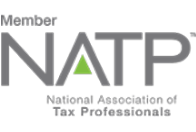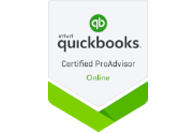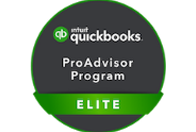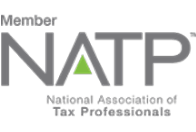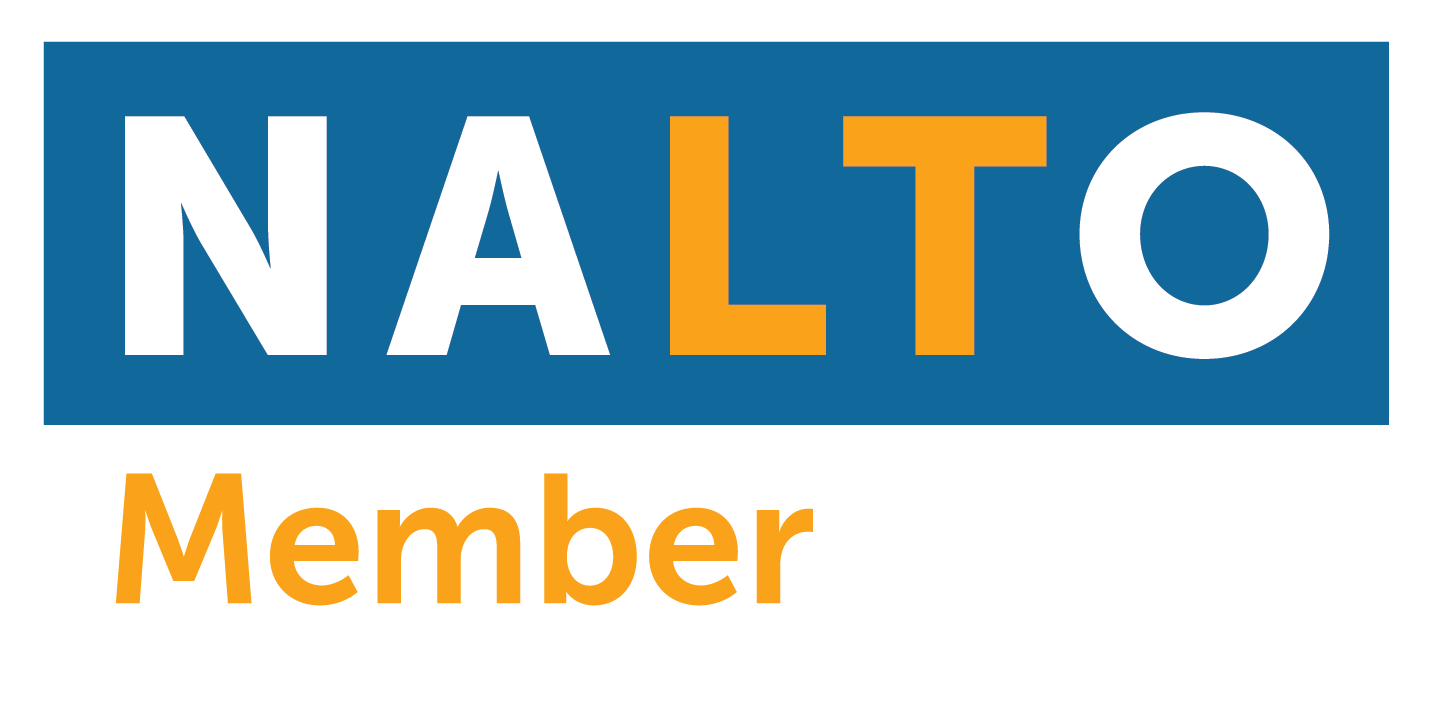The role of Certified Registered Nurse Anesthetist (CRNA) in the medical health care is crucial and indispensable. They provide the public with access to safe and cost-effective anesthesia services and high-quality healthcare and comfort to patients.
This CRNA week, we would like to honor their dedication and passion to serve by helping them maximize their tax deductions and ultimately provide tax savings on their hard-earned monies.
Enumerated below are the essential tax deductions that every CRNA should know about:
Continuing Education. It is a must for every profession, especially in the medical field, to invest in continuing education to keep up with the latest technology and medical trend, and to ensure quality service to every patient. Investing in professional development such as training, seminars, and conferences does not only improve your skills and knowledge, but also qualify you with a tax-deductible expense.
Licenses and Credentialing. A CRNA’s certification credentials must be maintained every two years. The fees and expenses incurred in relation to maintaining your credentials and updating your licenses, including states and private accreditation bodies, are all tax-deductible.
Professional Membership Fees. Becoming a member of associations and organizations for CRNAs can provide you with exclusive benefits and advantages such as professional support, programs, or opportunities. On top of that, their membership fees are qualified tax-deductible expenses.
Work Uniforms. The cost to purchase and maintain uniforms, lab coats, and required footwear can be deductible expenses. Just keep in mind that these clothing must be specifically required for work and must not be suitable for everyday use.
Malpractice Insurance. As a medical professional, having a malpractice insurance can protect you from lawsuit expenses arising from medical negligence or omission. The premiums paid for your malpractice insurance are tax-deductible.
Home Office. If you use a part of your home exclusively and regularly for conducting your profession as CRNA, you may be able to deduct some of the cost related to maintaining your home. Your home office deduction can be figured by dividing the expenses of operating your home between personal and business use. Or you may simply apply the standard rate of $5 per square foot of your home office (up to a maximum of 300 square feet).
Vehicle Expenses. The expenses related to the business use of your car are deductible except for travel between your home and your work. You can either compute your deductible vehicle expense using the actual expenses multiplied by the percentage of miles related to business use. Or you may use the IRS standard mileage rate which is at $67 for every business mile driven for the year 2024.
Health Insurance. Premiums for your health and dental insurance, including Health Savings Accounts, are deductible if you have no access to any employer-sponsored health coverage including that of your spouse’s plans. Note that as long as you are eligible to a sponsored plan, you won’t be able to claim this as a deduction even if you choose not to avail of the sponsored plan.
Computer Equipment and Software. Office equipment such as computer, laptop, and printer are tax deductible. Also, software and applications such as those intended for calendar meetings, appointment scheduling, data organizing, marketing, bookkeeping etc. are qualified deductions if they are used for running your profession as a CRNA.
Cellphones and Connectivity. The cost of your phone, including call and internet plans, if exclusively used for your profession can be 100% tax-deductible. If not, just multiply the cost by its business use percentage.
Travel Expenses. As a CRNA, you may be assigned to different cities or remote areas to provide service and care to patients, especially those who may have no access to anesthesia services.
The ordinary and necessary expenses incurred while travelling away from home or during a temporary assignment may be tax-deductible. Following are some of the travel-related expenses:
- Transportation and Vehicle. Cost of travel by airplane, train, bus, car rental, public transportation, or using your own car.
- Baggage and shipping. Sending baggage between tax home and temporary work locations.
- Lodging. Hotel accommodations and apartment rentals.
- Meals. You may account food and beverage expenses using the actual cost incurred or by using a standard per diem rate depending on when and where is the travel. Note: There’s a 50% limit on deductible meal expenses regardless of the method used for figuring the meal expense.
- Others. Other similar ordinary and necessary expenses related to business travel such as cleaning, laundry, tips, computer rental fees, visa or passport fees, and travel insurance.
Online Bookkeeping, Tax Preparation, and 1099 Accountant Fees. Lastly, our professional fee for maintaining your books and preparing your tax returns is tax-deductible! We will take care of your bookkeeping and tax needs so that you can focus on what you do best.
Our tax experts at 1099 Accountant will guide you on how to maximize tax savings and provide financial planning advise that is tailored for you and your specific situation.
Want to learn more?
You may want to consult and work with 1099 Accountant – We offer online bookkeeping, online advisory services and online tax and accounting services. We offer reasonable rates. We only work with independent contractors, freelancers, and one-person business. We work with locum tenens from California to New York City and everywhere in between. Yes, even Hawaii!
Contact us toll-free (855) 529-1099 or make an appointment for a free consultation. Contact Us

